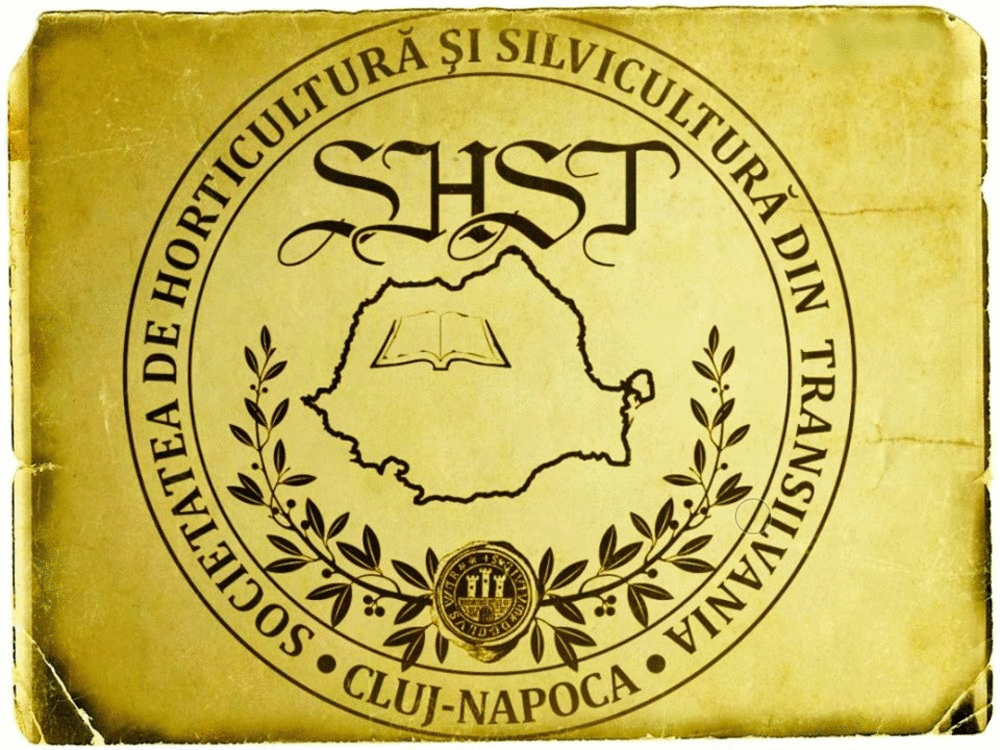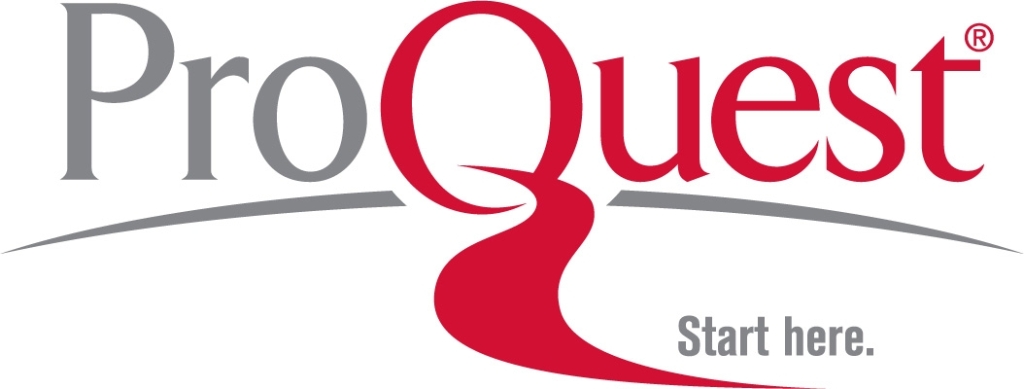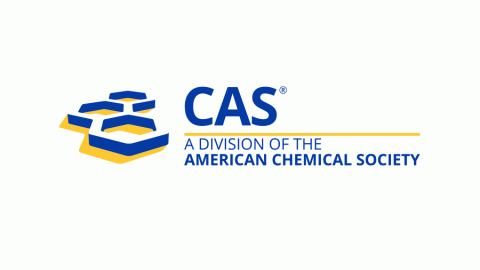Phytochemical Contents of Five Artemisia Species
DOI:
https://doi.org/10.15835/nsb749683Keywords:
Artemisia; fatty acid; flavonoid; sterol; vitaminAbstract
In the present study, the fatty acid compositions, vitamin, sterol contents and flavonoid constituents of five Turkish Artemisia species (A. armeniaca, A. incana , A. tournefortiana, A. haussknechtii and A. scoparia) were determined by GC and HPLC techniques. The results of the fatty acid analysis showed that Artemisia species possess high saturated fatty acid compositions. On the other hand, the studied Artemisia species were found to have low vitamin and sterol contents. Eight flavononids (catechin, naringin, rutin, myricetin, morin, naringenin, quercetin, kaempferol) were determined in the present study. It was found that Artemisia species contained high levels of flavonoids. Morin (45.35 ± 0.65 – 1406.79 ± 4.12 μg/g) and naringenin (15.32 ± 0.46 – 191.18 ± 1.22 μg/g) were identified in all five species. Naringin (268.13 ± 1.52 – 226.43 ± 1.17 μg/g) and kaempferol (21.74 ± 0.65 – 262.19 ± 1.38 μg/g) contents were noted in the present study. Present research showed that the studied Artemisia taxa have high saturated fatty acids and also rich flavonoid content.
Metrics
Downloads
Published
How to Cite
Issue
Section
License
Papers published in Notulae Scientia Biologicae are Open-Access, distributed under the terms and conditions of the Creative Commons Attribution License.
© Articles by the authors; licensee SMTCT, Cluj-Napoca, Romania. The journal allows the author(s) to hold the copyright/to retain publishing rights without restriction.
License:
Open Access Journal - the journal offers free, immediate, and unrestricted access to peer-reviewed research and scholarly work, due SMTCT supports to increase the visibility, accessibility and reputation of the researchers, regardless of geography and their budgets. Users are allowed to read, download, copy, distribute, print, search, or link to the full texts of the articles, or use them for any other lawful purpose, without asking prior permission from the publisher or the author.













.png)















